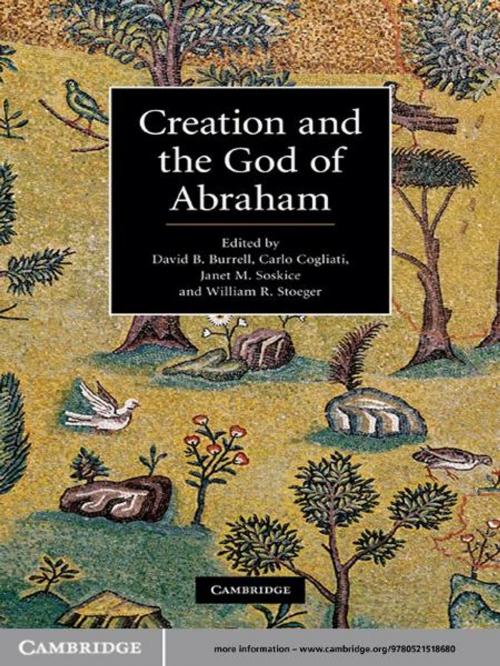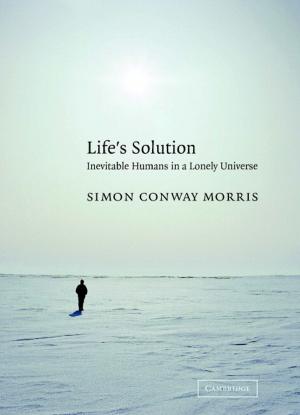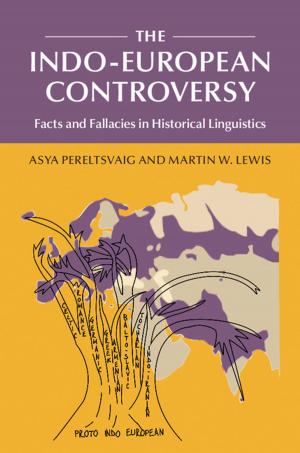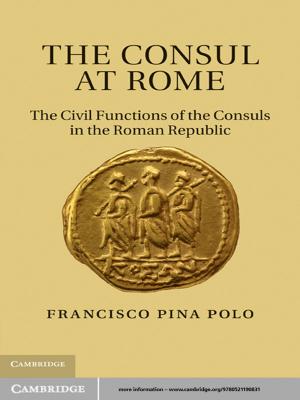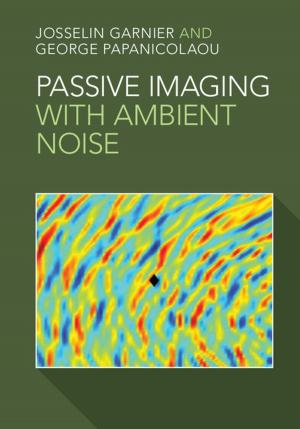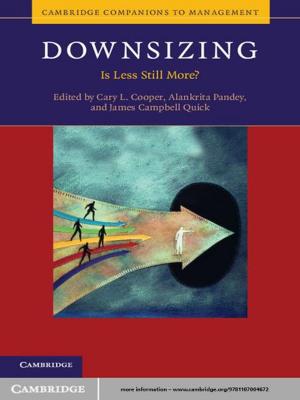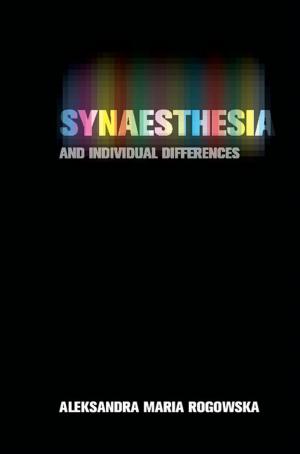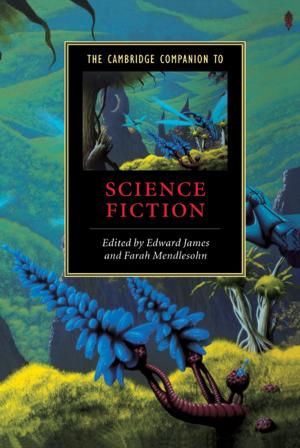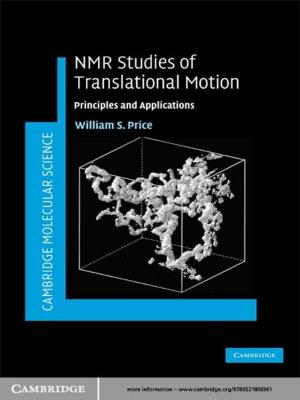| Author: | ISBN: | 9780511848797 | |
| Publisher: | Cambridge University Press | Publication: | September 2, 2010 |
| Imprint: | Cambridge University Press | Language: | English |
| Author: | |
| ISBN: | 9780511848797 |
| Publisher: | Cambridge University Press |
| Publication: | September 2, 2010 |
| Imprint: | Cambridge University Press |
| Language: | English |
Creatio ex nihilo is a foundational doctrine in the Abrahamic faiths. It states that God created the world freely out of nothing - from no pre-existent matter, space or time. This teaching is central to classical accounts of divine action, free will, grace, theodicy, religious language, intercessory prayer and questions of divine temporality and, as such, the foundation of a scriptural God but also the transcendent Creator of all that is. This edited collection explores how we might now recover a place for this doctrine, and, with it, a consistent defence of the God of Abraham in philosophical, scientific and theological terms. The contributions span the religious traditions of Judaism, Christianity and Islam, and cover a wide range of sources, including historical, philosophical, scientific and theological. As such, the book develops these perspectives to reveal the relevance of this idea within the modern world.
Creatio ex nihilo is a foundational doctrine in the Abrahamic faiths. It states that God created the world freely out of nothing - from no pre-existent matter, space or time. This teaching is central to classical accounts of divine action, free will, grace, theodicy, religious language, intercessory prayer and questions of divine temporality and, as such, the foundation of a scriptural God but also the transcendent Creator of all that is. This edited collection explores how we might now recover a place for this doctrine, and, with it, a consistent defence of the God of Abraham in philosophical, scientific and theological terms. The contributions span the religious traditions of Judaism, Christianity and Islam, and cover a wide range of sources, including historical, philosophical, scientific and theological. As such, the book develops these perspectives to reveal the relevance of this idea within the modern world.
